Have you ever wondered why people see the same situation in completely different ways? Why one person might feel excited about an opportunity, while another feels overwhelmed? The answer lies in the way that we perceive things around us. This can be explained by a concept known as the “NLP Model of the World.” This powerful concept helps us understand how we each interpret reality in our own unique way.
Neuro-Linguistic Programming (NLP) is a psychological approach that explores the connection between neurological processes, language, and behavioural patterns learned through experience. It provides techniques to help people reprogram their thoughts and behaviours to achieve desired outcomes in their personal and professional lives.
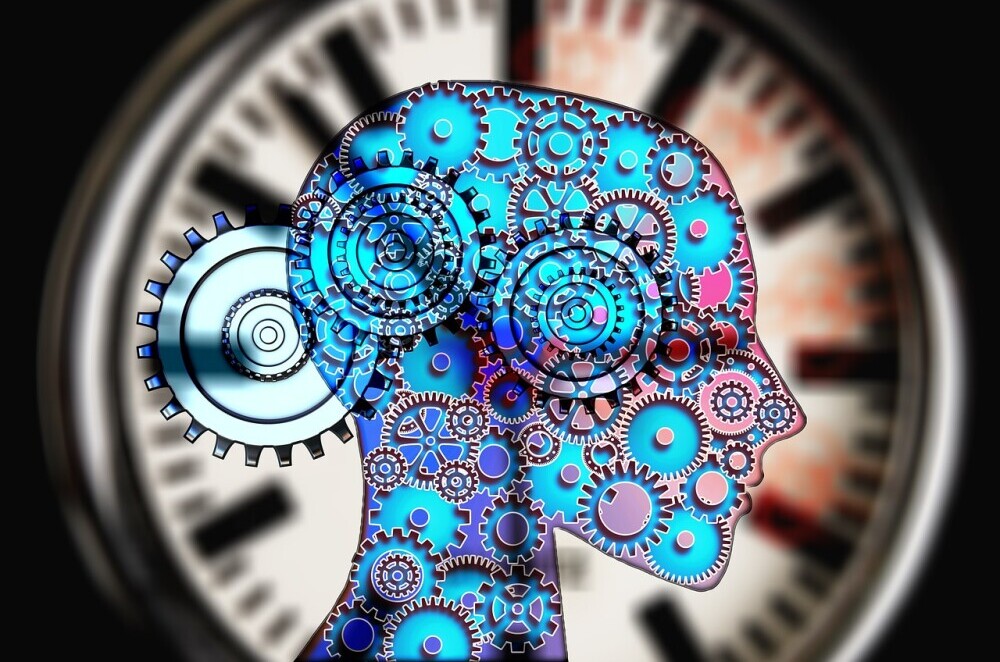
This article contains some affiliate links, which means that if you decide to buy, I may receive a small commission at no extra cost to you. As an Amazon Associate, I earn from qualifying purchases. This helps me keep The Creative Choice growing and free for readers. Thank you for your support. For more information, see our Affiliate Disclosure.
What is the NLP Model of the World?
In Neuro-Linguistic Programming (NLP), the “Model of the World” refers to the internal representation each of us creates based on our experiences, beliefs, and perceptions. Essentially, it’s the mental map we use to navigate life. Just like a map is not the actual territory, our internal model is not reality itself; it’s our own interpretation of reality.
Understanding this can be life-changing because it allows us to realise that our thoughts, emotions, and behaviours are shaped by how we perceive the world, not necessarily by the world itself.
The following things affect how we perceive our world:
- Experience: We receive information through our senses (sight, sound, touch, taste, and smell).
- Filters: This information is filtered by our beliefs, values, memories, and decisions, which shape our perception of an event or situation.
- Internal Representation: The filtered information creates an internal representation or “map” of reality.
- State: Our internal representation influences our emotional state.
- Physiology: Our emotional state affects our physical behaviour and responses.
- Behaviour: Finally, our behaviour is the outward expression of our internal state and representation.
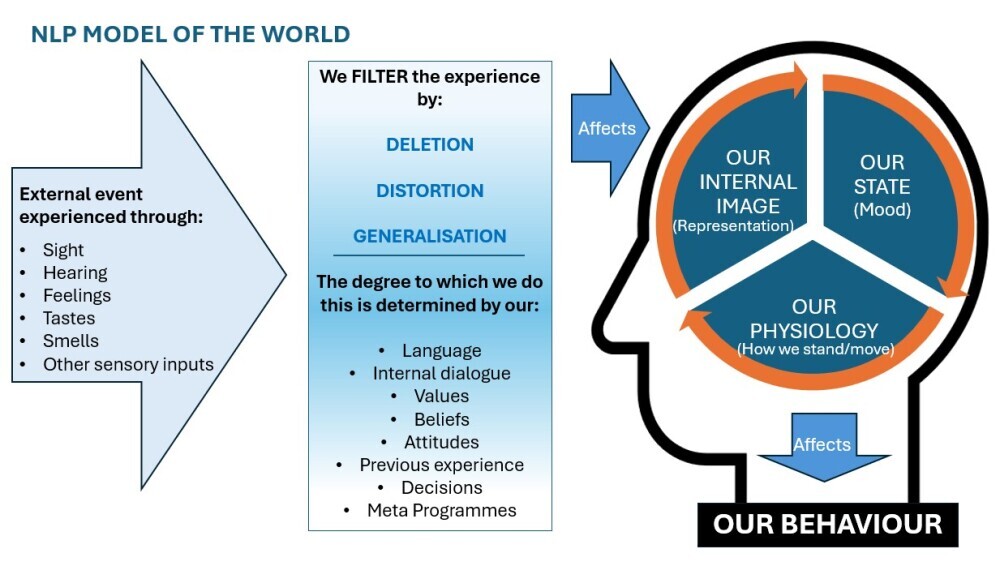
How Do We Form Our Model of the World?
Our model is built through three key processes that we all do every time we interpret something:
- Deletion – We naturally filter out information because we simply can’t process everything around us. For example, right now, you might not be aware of the sensation of your feet touching the ground until I mention it.
- Distortion – We change or modify reality based on our existing beliefs and expectations. If you believe you’re bad at public speaking, you might interpret neutral feedback as criticism.
- Generalisation – We create rules and patterns from past experiences. For example, if you once had a bad experience with a dog, you might generalise and believe that all dogs are dangerous.
These filters are influenced by factors such as our values, beliefs, memories, culture, and language. They shape how we interpret everything around us and create our unique experience of life.
Why Do People See the Same Situation Differently?
Let’s take a common example: imagine two people are stuck in traffic. One person might feel frustrated, thinking about how much time they’re wasting and becoming anxious about being late. Another person, however, might see it as an opportunity to listen to their favourite podcast or enjoy some quiet time. The traffic is the same, but their internal models create completely different experiences.

Another example could be a job interview. One person may feel nervous and doubt their abilities, while another might see it as an exciting challenge and a chance to grow. Their different perspectives are shaped by their past experiences, beliefs, and expectations.
Why is This Important?
When we understand that our thoughts and feelings come from our interpretation of reality rather than reality itself, we can start to take control. This awareness empowers us to:
- Change limiting beliefs that may be holding us back.
- Communicate more effectively by understanding others’ perspectives.
- Respond to challenges with greater flexibility and resilience.
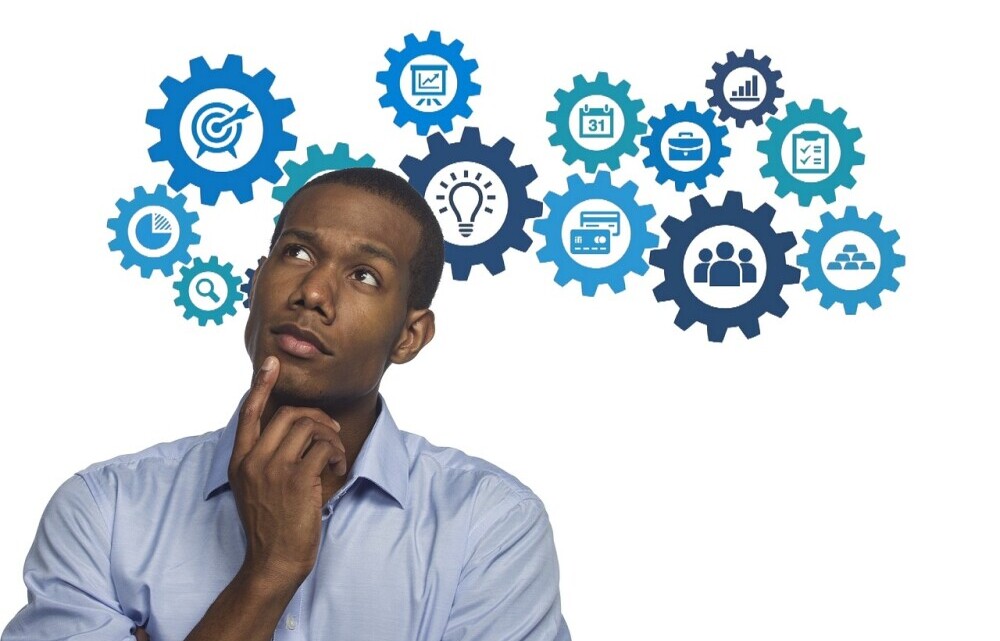
How to Apply This in Your Daily Life
Here are a few practical ways to apply the NLP Model of the World in your daily life:
- Challenge Your Assumptions – When you feel stuck, ask yourself, “Is this the only way to see this situation? What else could be true?” Exploring alternative viewpoints can help you find new solutions and opportunities.
- Be Open to Different Perspectives – Remember that others see the world differently based on their own experiences. Practice empathy and ask questions to understand their viewpoint better.
- Reframe Your Thoughts – If you catch yourself thinking negatively, try to reframe the situation in a more empowering way. Instead of saying, “I always fail at this,” try thinking, “I am learning and improving with each attempt.”
- Set Empowering Beliefs – Identify any limiting beliefs you hold and replace them with more empowering ones. For example, shift from “I’m not good enough” to “I am capable and improving every day.”
- Mindfulness and Reflection – Regularly take time to reflect on your thoughts and reactions to situations. This can help you identify patterns and make intentional changes to your mindset.
By consciously reshaping our internal model, we can create a more positive and fulfilling life.
How to Use The NLP Model of the World in Your Business and Personal Life
Applying the NLP Model of the World can have a profound impact on both your business and personal life. Here’s how:
In Business
- Improved Communication – Understanding that everyone has a unique perspective can help you tailor your message more effectively, whether in meetings, negotiations, or leadership roles.
- Enhanced Teamwork – By recognising that colleagues view situations differently, you can foster greater collaboration and resolve conflicts more easily.
- Better Customer Relations – When you appreciate a client’s or customer’s perspective, you can address their needs more accurately and build stronger relationships.
- Increased Flexibility – Adapting your approach based on different models of the world allows you to be more innovative and solution-focused in business challenges.

In Your Personal Life
- Stronger Relationships – Being aware of different perspectives can help you communicate more empathetically with friends and family.
- Personal Growth – Understanding your own model of the world allows you to challenge limiting beliefs and adopt a more empowering mindset.
- Conflict Resolution – Recognising that disagreements often stem from different interpretations of reality can help you approach conflicts with patience and understanding.
- Better Decision-Making – Gaining awareness of how your perceptions influence your choices enables you to make more conscious and intentional decisions.

Final Thoughts on the NLP Model of the World
The NLP Model of the World is a powerful tool for personal growth and transformation. When you understand how your mind processes reality, you gain the ability to shift your perspective, overcome challenges, and create a life that aligns with your desires.
Next time you find yourself reacting to a situation, take a moment to reflect—how much of your response is shaped by your internal model? With awareness and practice, you can take control and make choices that truly serve you.
Related Articles
How to always look on the bright side of life – 10 ways that work
Hope vs Fear: Tips to help you in difficult times
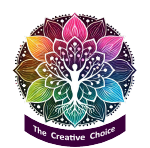
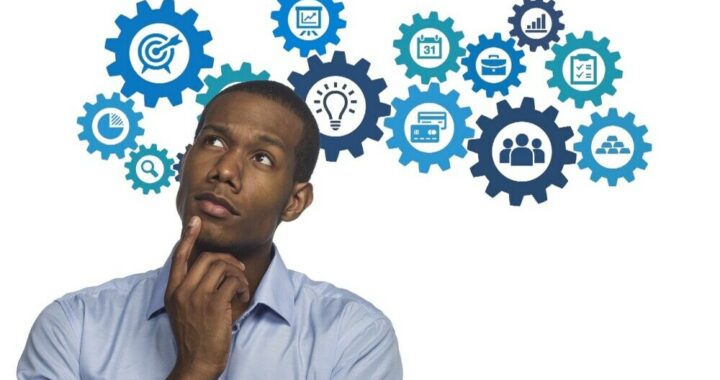
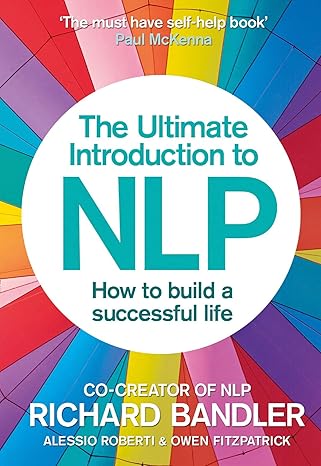

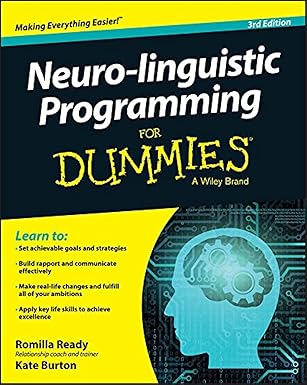
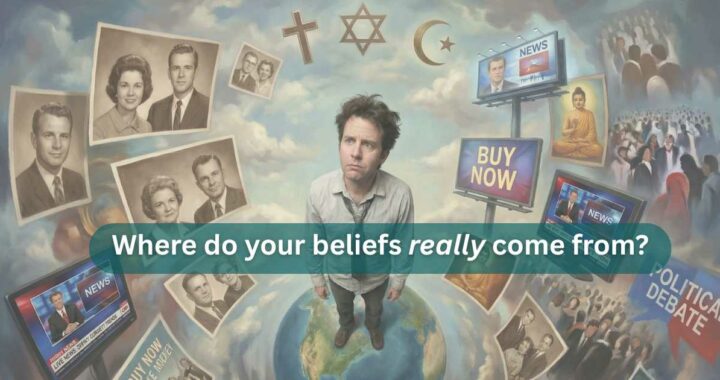
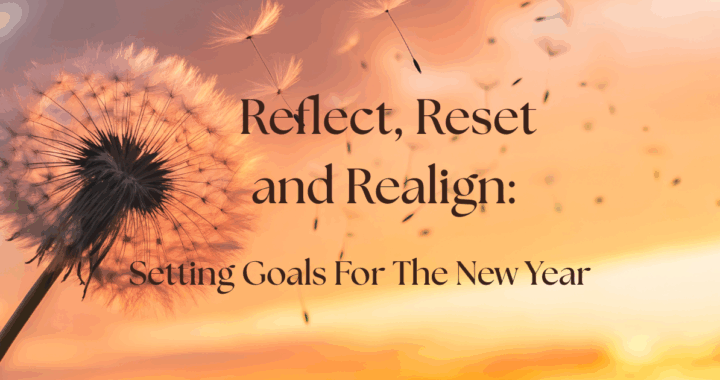
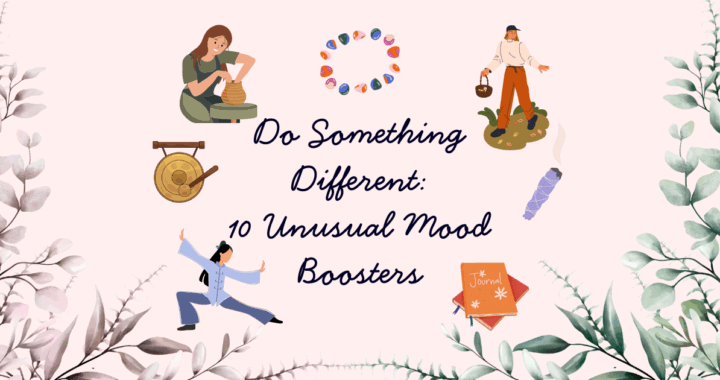
This is such an insightful article! The explanation of the “NLP Model of the World” really sheds light on why people can have such varied reactions to the same situation. I especially liked the example about being stuck in traffic—it’s such a relatable scenario that perfectly illustrates how our internal models shape our reality.
From my own experience, I’ve found that challenging my assumptions and reframing negative thoughts has been transformative, both personally and professionally. For example, I used to feel overwhelmed when faced with a big project, but now I try to see it as an exciting challenge to grow. It’s amazing how a simple shift in perspective can change everything!
Have you personally used any of the NLP techniques mentioned here, like reframing thoughts or setting empowering beliefs? If so, how has it impacted your daily life? I’d love to hear more experiences or tips!
Hi Herman. Thank you so much for your kind words! I’m really glad you found the article insightful, and it’s fantastic to hear how reframing and challenging assumptions have made such a positive impact in your life. Your example of seeing big projects as exciting challenges rather than overwhelming tasks is a perfect illustration of how powerful these techniques can be!
Personally, I’ve used NLP techniques like reframing and setting empowering beliefs in many aspects of my life. One area where it’s been especially helpful is in overcoming self-doubt. Whenever I catch myself thinking, “What if I fail?”, I consciously reframe it to “What if I succeed beyond my expectations?”—and that simple shift opens up so many possibilities!
I trained as a Trainer of NLP and have used many of the techniques of NLP in my life as a teacher, and with my own children. I try to always think about how we are responding to an event that happens to us, and my mantra is: “It’s not WHAT happens to you that’s important, but HOW YOU DEAL with what happens, that affects the outcome. I try to live by this rule all the time; in the grocery queue, when people are rude, and when dealing with “bad news”. You’ll find lots of other tips and tricks on this website, have a look at: How to deal with rude people as a start! Those ones come around a lot! 🙂
Thanks again for sharing your experience—keep applying those NLP tools, and I’m sure you’ll continue to see great results! Let me know if you have any other insights or questions. 😊
This is a great post on the NLP (Neuro-Linguistic Programming) model of the world! I love how you’ve explained the concept that everyone has their own unique perception and filter through which they experience the world. This idea of subjective reality really resonates with me, as it helps to understand how people’s behaviors and reactions are often influenced by their individual beliefs, experiences, and values. From my experience, using the NLP model has helped improve communication and relationships by recognizing that different perspectives are valid and valuable.
One question I have is: How do you recommend applying the NLP model in everyday interactions to improve understanding and empathy, especially in challenging situations? I’ve found that recognizing when someone is operating from a different model of the world can help avoid conflicts, but any tips for facilitating that understanding more smoothly would be helpful. Additionally, how can someone begin to identify and adjust their own mental filters if they feel they are limiting their experiences or growth?
Overall, this post offers a great introduction to the NLP model of the world and how it can improve communication and personal growth. The insights you’ve shared will definitely help anyone looking to better understand themselves and others. Thanks for sharing these valuable perspectives!
Thank you so much for your thoughtful comment. I’m really glad you enjoyed the post and found the concept of subjective reality so relatable. I also find it’s truly eye-opening when we realise how much our individual filters shape our experiences and interactions.
You’ve raised some fantastic questions! When it comes to applying the NLP model in everyday interactions, one effective approach is to practise active listening—really tuning in to understand not just what someone is saying, but the underlying beliefs or values behind their words. Asking open-ended questions like “What’s important to you about this?” can help uncover their perspective and foster deeper understanding between you and the other person. Another helpful tool is matching and mirroring, where you subtly align with their communication style and body language to build rapport and create a sense of connection. I’ll be writing future posts on these skills too, so I hope you’ll come back to learn more.
As for identifying and adjusting your own mental filters, I find that self-awareness is key. Taking time to reflect on recurring thoughts or patterns in your own life can reveal underlying beliefs that might be limiting you. There are several things I suggest you can do to uncover these such as: Journaling, mindfulness practices, or even working with an NLP coach can help shift those filters to more empowering ones. For example, if you catch yourself thinking “I’m not good at this,” you can reframe it to “I’m still learning and improving every day.” Small mindset shifts like these can create big changes over time. It’s often now called having a growth mindset, as coined by Carol Dweck.
Thanks again for your great insights and questions—keep exploring the power of NLP, and feel free to share any more thoughts or experiences. Always happy to help. Gail
Hey,
This article makes NLP so simple to understand and put into practice. You have also used clear and real-life examples to illustrate the points, and this is very important for me. As someone who was born and raised in a collective society, how can I make use of these NLP lessons in my life?
In Africa at large, and South Sudan in particular, personal development is not encouraged simply because there is no personality concept here. This makes it difficult if not impossible for one to work on her mental needs. I need your advice on this.
Overall, the article is so helpful to me.
John
Hi John,
Thank you so much for your kind words. I’m really glad you found the article helpful and that the real-life examples resonated with you. It’s inspiring to hear from someone with such a unique perspective, and I truly appreciate you sharing your experience.
Your question about applying NLP in a collective society is an important one. While personal development may not always be a common focus in such environments, the principles of NLP can still be incredibly useful, especially in fostering better relationships and improving communication within your community. For example, understanding the different models of the world can help you approach group dynamics with greater empathy and flexibility, allowing you to bridge gaps between differing perspectives more effectively. I’m not sure of your personal circumstances, but there are a lot of resources on the internet that you could possibly share with your family and friends if they are interested.
One way to start using NLP in your daily life is through reframing—looking at challenges from different angles to find opportunities for growth, even within collective settings. Also, practicing active listening and rapport-building can help you connect with others in a way that aligns with cultural values while still honouring your personal development goals. I’ll be writing about these in later posts so please do stop by again to read them.
When it comes to addressing mental needs in a society that may not fully embrace the concept of personality, I suggest you start with you. That’s what trail-blazers do! 🙂 Starting with small but consistent actions like journaling your thoughts, setting personal goals, and seeking like-minded individuals for support can be a great starting point. Remember, growth doesn’t always have to be a community pursuit. It often starts with individuals who then act as role models for others within their society.
Thanks again for sharing your thoughts, and I’d love to hear how you apply these ideas in your life moving forward. Wishing you all the best on your journey. Gail